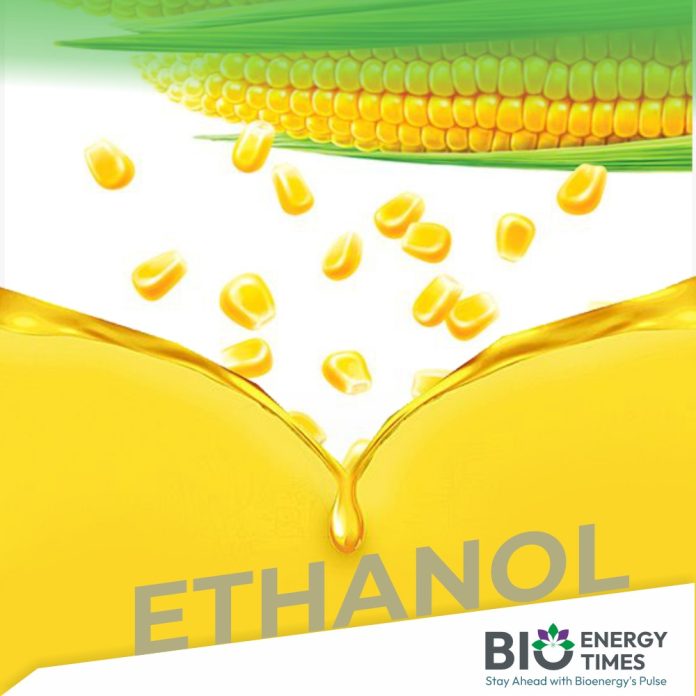A total of 38 ethanol distilleries, benefiting from the Ethanol Interest Subvention Scheme (EISS) introduced by the Government to boost ethanol production capacity, are likely to be commissioned. These facilities are projected to add around 169 crore litres of annual ethanol production capacity, according to data from the Ministry of Consumer Affairs, Food and Public Distribution.
As of June 30, 2025, India’s ethanol production capacity has reached 1,822 crore litres annually, supported by 499 distilleries during the Ethanol Supply Year (ESY) 2024–25. Maharashtra leads with 396 crore litres of capacity, followed by Uttar Pradesh with 331 crore litres and Karnataka with 270 crore litres.
State-wise details of ethanol distilleries receiving the benefit of Ethanol Interest Subvention Scheme which are likely to be commissioned are below:
| State/UT | No. of Distilleries | Projected Annual Capacity (Crore litres) |
|---|---|---|
| Andhra Pradesh | 2 | 15 |
| Bihar | 1 | 2 |
| Gujarat | 1 | 8 |
| Karnataka | 5 | 17 |
| Madhya Pradesh | 3 | 13 |
| Maharashtra | 8 | 13 |
| Odisha | 5 | 20 |
| Punjab | 2 | 9 |
| Rajasthan | 2 | 25 |
| Uttar Pradesh | 8 | 44 |
| West Bengal | 1 | 3 |
| Total | 38 | 169 |
(Data source:Ministry of Consumer Affairs, Food and Public Distribution)
To meet ethanol blending targets under the Ethanol Blended Petrol (EBP) Programme, the Government rolled out ethanol interest subvention schemes between July 2018 and April 2022.
These schemes support entrepreneurs in setting up new distilleries—whether molasses-based, grain-based, or dual-feed—or in expanding existing ones. The Central Government bears interest subvention at 6% per annum or 50% of the interest rate charged by banks/financial institutions (whichever is lower) on loans extended for such projects, for a period of five years, including a one-year moratorium.
Additionally, further capacity expansion is anticipated from distilleries currently under construction that have not received assistance under the interest subvention scheme.
India has already achieved its goal of blending 20% ethanol with petrol in 2025—five years ahead of schedule, according to Petroleum and Natural Gas Minister Hardeep Puri.
This rapid growth has reduced the country’s reliance on imported crude oil, saving approximately ₹1.36 lakh crore in foreign exchange. Moreover, ₹1.96 lakh crore has been paid to distilleries, contributing to the biofuel sector’s growth, while ₹1.18 lakh crore has directly benefited farmers, enhancing rural income and supporting the agricultural sector.
The environmental benefits have also been substantial, with the adoption of cleaner fuels leading to a reduction of 698 lakh tonnes of CO₂ emissions.















